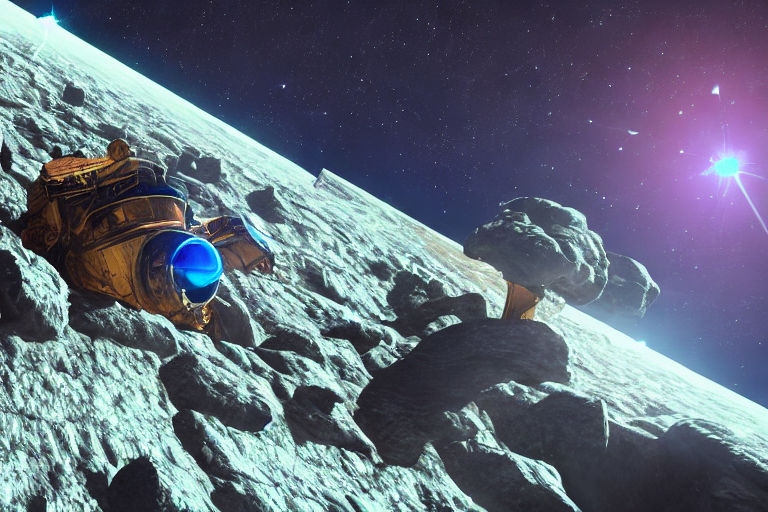The Race to Space: A Comprehensive Overview of the Global Space Industry
The global space industry has been gaining momentum in recent years with the growing interest of private companies and government agencies in space exploration. With the advancements in technology and the potential of space mining and tourism, the competition to lead the space race has intensified.
Here is a comprehensive overview of the global space industry:
Major Players in the Space Industry
National Aeronautics and Space Administration (NASA)
The National Aeronautics and Space Administration (NASA) is a government agency responsible for the civilian space program, as well as aerospace and aeronautics research. NASA has been at the forefront of space exploration, with groundbreaking missions like the Apollo moon landings, the Mars rover exploration, and the Hubble Space Telescope.
SpaceX
Elon Musk's SpaceX is a private company that designs and manufactures reusable rockets and spacecraft. SpaceX's ultimate goal is to establish a self-sustaining city on Mars, and they have made significant strides towards this goal, including launching and landing reusable rockets and sending astronauts to the International Space Station (ISS).
Blue Origin
Blue Origin is another private company founded by Amazon CEO, Jeff Bezos. Blue Origin focuses on developing reusable rockets and spacecraft, with the intention of making space accessible for everyone. Blue Origin has successfully launched and landed its New Shepard rocket, and the company plans to take paying customers on suborbital space flights in the near future.
European Space Agency (ESA)
The European Space Agency is an intergovernmental organization that aims to explore space for peaceful purposes, as well as develop technologies and applications that can benefit society. ESA has been involved in numerous space missions, including the Rosetta comet landing, the Mars Express mission, and the Galileo navigation system.
Advancements in Space Technology
The competitiveness of the space industry has led to significant advancements in space technology. Here are some notable developments:
Reusable Spacecraft
The ability to reuse spacecraft has been a game-changer in the space industry. Companies like SpaceX and Blue Origin have developed reusable rockets and spacecraft that significantly reduce the cost of space launches.
3D Printing in Space
NASA has been experimenting with 3D printing in space, which enables astronauts to manufacture tools, spare parts, and even food while in orbit. This technology has the potential to significantly reduce the need for resupply missions.
Space Mining
There is a growing interest in space mining, which involves extracting valuable resources like water, metals, and minerals from asteroids and other celestial bodies. Companies like Planetary Resources and Deep Space Industries are at the forefront of space mining research and development.
The Future of the Space Industry
The space industry is set to become even more competitive in the future, with new players entering the market and existing players pushing boundaries. Here are some things to look out for:
Space Tourism
With companies like Blue Origin and Virgin Galactic planning to take paying customers on suborbital and orbital space flights, space tourism is set to become a reality in the near future.
Space Colonization
Elon Musk's vision of establishing a self-sustaining city on Mars may seem far-fetched, but it is becoming more feasible with each passing day. As technology and space infrastructure continue to improve, the possibility of colonizing other planets could become a reality.
International Cooperation
While the competition is fierce, international cooperation is crucial for the success of the space industry. Organizations like the International Space Station (ISS) and the United Nations Committee on the Peaceful Uses of Outer Space (COPUOS) facilitate international cooperation and collaboration in space exploration.
In conclusion, the global space industry is a rapidly evolving and exciting field that offers immense potential for exploration, innovation, and technological advancement. The competition to lead the space race is intense, but the innovations and advancements borne out of this competition will benefit us all.





